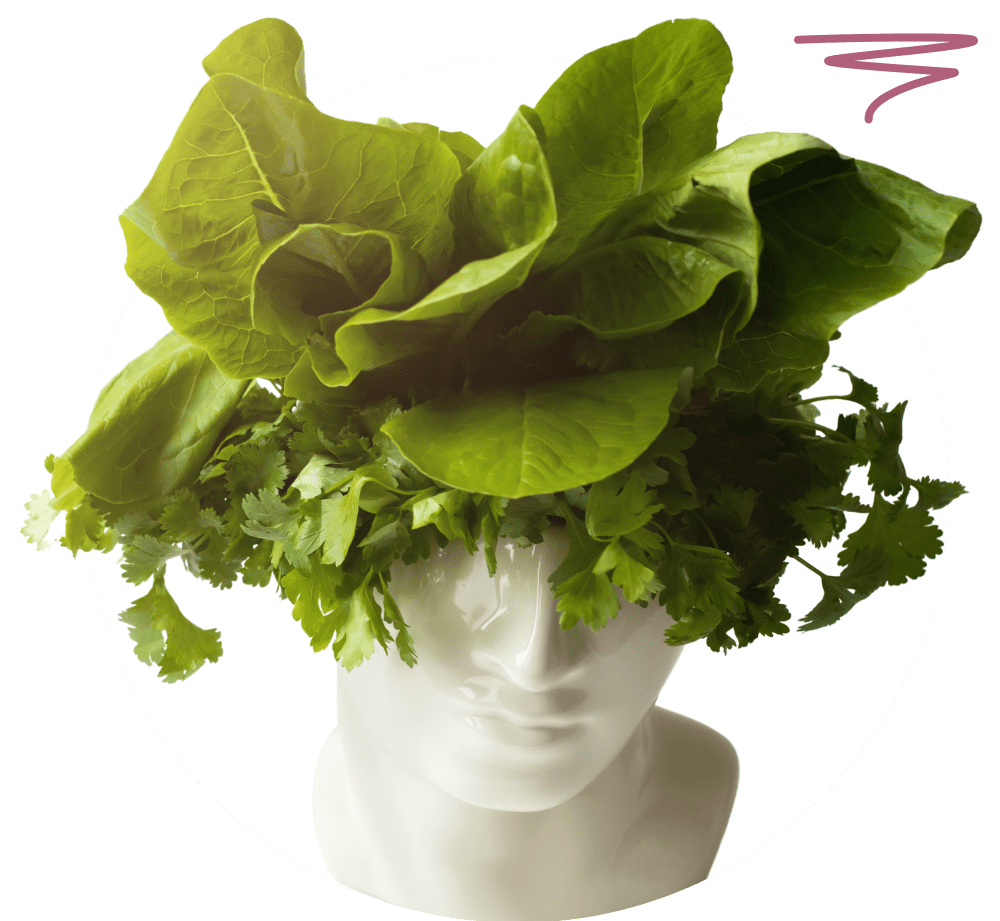You finish eating and then suddenly you feel your stomach bloat or swell afterward, you feel gassy, and have that feeling of fullness in the stomach. At some point, it has happened to all of us, but what is the reason? is it because we eat too much? does it have to do with what we have eaten? or is there something else?
It may be related to food, yes, but hormonal factors and stress also play a key role, or there may be some unknown disease causing this symptom.
- Food rich in carbohydrates: while carbs are a necessary nutrient that gives us quick energy, a meal too rich in them can cause water retention, leading to a bloated tummy. Foods rich in simple carbs, such as white bread, candy, cookies, and soft drinks, are the most likely to create this situation.
- High intake of salt: salt causes us to retain more water, which leads to bloating. Keep in mind that salt is not only in your salt shaker but also in many processed foods.
- Carbonated drinks: the gas present in all carbonated beverages, called carbon dioxide, also fills your stomach and causes burping or gas. In addition, if they are sugary drinks, you also increase your intake of carbs, which in turn increases water retention.
If you choose to consume them, do so occasionally and drink them slowly to minimize gas accumulation. But keep in mind that water is the best choice of beverage throughout your day.
Also, read – Healthy Meal Plan for the Week
- Fiber-rich foods: a healthy diet requires fiber, which has great benefits for our overall health, but if you are not used to eating foods rich in fiber, such as whole grains, beans, lentils, nuts, and seeds, it is best to start with small amounts, as they can be the cause of your stomach getting big after eating.
This happens because fiber takes longer to digest than other nutrients, staying longer in the stomach and giving a greater fullness sensation.
- Gastrointestinal disease or condition: during the digestive process, gas naturally forms in our intestines through the fermentation process carried out by our gut bacteria.
However, some conditions may cause excessive fermentation, leading to your bloating after every meal, these include carbohydrate malabsorption, small intestinal bacterial overgrowth, also known as SIBO, irritable bowel syndrome, functional dyspepsia, and visceral hypersensitivity.
- Bowel motility problems: other issues like constipation or bowel obstructions can be aiding to the bloating. If this happens to you, before resorting to laxatives is best to start having a healthy lifestyle, it is important to be physically active, drink plenty of water, and have a regular intake of fiber.
- Hormonal changes: this is very common in fertile women during the menstrual cycle, although each woman experiences it differently, usually throughout the menstrual cycle there may be more stomach bloating after eating, and has nothing to do with food but rather with hormonal changes.
Asked by: Ali J.
With a degree in Nutrition and Dietetics, Eva is a dietitian-nutritionist who is passionate about everything related to food and nutrition.
She is always in constant search of knowledge and loves to write about topics related to food, nutrition, healthy eating habits, and tips for a healthy lifestyle, making knowledge about food and nutrition education available to everyone, helping them to have better health.
She is also a chef and has experience in recipe creation and workshops on healthy cooking.









